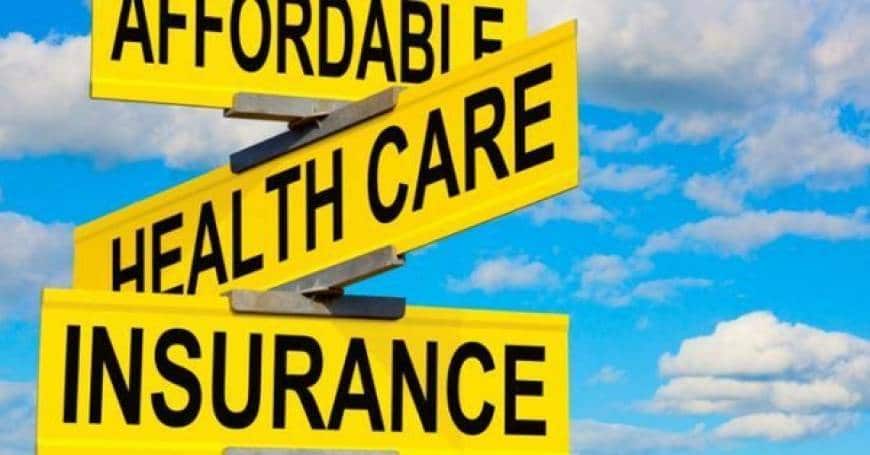How Health Insurance Premium varies by Gender

Did you know that your health insurance premium may vary by gender? Usually, women are at the receiving end of this discriminatory pricing. Here’s all you need to know.

With the increase in medical inflation and sedentary lifestyle-induced diseases, it has become imperative to get a health insurance policy to protect yourself against the gigantic financial burden that diagnosis and treatment can incur. There are a number of factors that determine what amount of premium you’d need to pay, depending upon how susceptible you are to falling sick, to accidents or to being diagnosed with a critical illness. Premiums are determined individually for everyone because the insurance company would review your risk profile and medical history against company benchmarks, and assess if a policy would just be dead weight for them. These factors include many health-related parameters like Body Mass Index (BMI), tobacco and alcohol consumption, age, pre-existing medical conditions, family medical history. The rationale is to find out if you are more susceptible to falling ill or getting diagnosed. For instance, people with a high BMI can suffer from, or develop, diseases including diabetes, sleep apnea, and heart and joint problems. So if you have a high BMI, you might end up paying more premium amounts.
The determinants of the premium amount also include your profession, residence and gender. Yes, as it happens, women usually pay higher premiums than men.
Gender Rating
This practice of charging a different, usually higher premium from women is sometimes referred to as ‘gender rating.’ Insurers operate on risk-based pricing which assesses the policyholder for accident, morbidity and mortality risks. Gender is also a factor influencing these risks. This is because gender differences in medical conditions affect the likelihood of a person needing to bill that insurance policy. Thus, premium tends to be higher for females of childbearing age when compared to men. However, it is lower for females than for males from the age of 60 onwards. Thus, simply put, the premium differentials are reflective of the claim cost differences.
Why the variations?
Women usually pay higher medical insurance premiums than men because, for one, women are more likely to go to the doctor and take prescriptions, especially during their reproductive ages between 15 and 44. Women are also more likely to be diagnosed with chronic diseases; about 20% of women of childbearing age experience heavy bleeding during menstruation, and 15% have chronic pelvic pain.
Overall, 1 in 28 women is likely to develop breast cancer during her lifetime.
Further, insurance companies often offer women-centric plans with additional benefits for maternity insurance and the like, which can also be a contributing factor to higher insurance costs. Women being more susceptible to chronic ailments and being more likely to visit doctors regularly, run up a higher medical healthcare bill in their lifetime when compared to men. This is why women pay a higher premium amount.
On the other hand, heart diseases become prevalent at an older age. Studies have shown that the proportion of deaths and disability from heart disease was significantly higher in men than in women. This explains why health insurance premiums are higher for men in the older ages than they are for women.
The overall picture
A report by ASSOCHAM India in 2014, found that about 42 per cent of working women were suffering from lifestyle diseases like backache, obesity, depression, diabetes, hypertension and heart ailments. As more and more women enter the workforce, it becomes important that they are also able to access medical facilities in a timely manner, and without it becoming a financial burden. Several companies have women-specific critical insurance policies as their offering and these plans cover illnesses specific to women like breast cancer, cervical cancer, fallopian tube cancer etc. which is in addition to the standalone critical illness plan. Medical emergencies come announced, and in our regular lives too, we all need medical care at some point. One ailment has the potential to wobble your financial health. Therefore, it is advisable to get a medical insurance policy. But not before you are acquainted with the nitty gritty and coverages and exclusions. Future Generali Health Insurance plans offer a wide array of policies that service a particular medical need. You can choose a suitable plan to safeguard yourself against the mounting medical expenses, and even calculate what premium you’d be paying online before finally making the decision to buy one.
